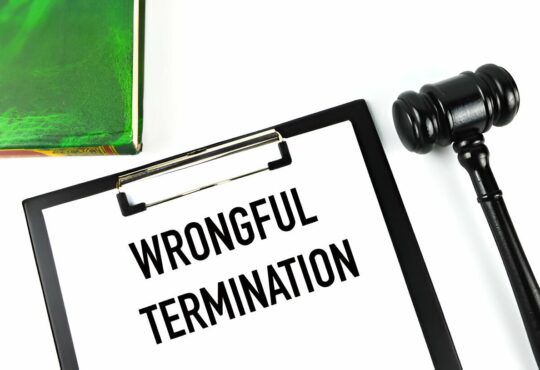
How to Draft a Legally Sound Will and Estate Plan
A legally sound will and estate plan protect your assets and distribute them according to your wishes. Without proper planning, state laws dictate estate distribution, which may not reflect your intentions.
Estate planning reduces uncertainty, minimizes legal complications, and prevents disputes. A well-structured plan provides peace of mind for you and financial security for your beneficiaries.
Contents
Choosing an Executor and Guardianship Designations
An executor is responsible for carrying out the instructions in your will and managing your estate. Choose a trustworthy, organized person to manage finances, pay debts, and distribute assets.
Select someone who understands your wishes and accepts the responsibility. Naming an alternate executor ensures proper estate management if your first choice is unavailable.
If you have minor children, appointing a guardian is a critical part of your estate plan. A guardian ensures that your children are cared for in the event of your passing. Discuss your decision with the chosen guardian to ensure they are willing and prepared. Proper guardianship designations provide clarity and stability for your family’s future.
Clearly Defining Asset Distribution
A well-structured will should clearly specify asset distribution to minimize disputes. Detail who receives what, especially valuable or sentimental items. If needed, include instructions for selling or dividing property.
You may also want to establish trusts for minor children or beneficiaries who need financial protection. A trust ensures that funds are managed and distributed according to your wishes, providing long-term security.
Working with a legal professional can help structure these provisions correctly. Proper asset distribution planning prevents confusion and ensures fairness among heirs.
Addressing Debts and Taxes
Your estate plan should account for any outstanding debts and potential tax obligations. Neglecting these issues can leave beneficiaries with financial burdens. Settle liabilities before distributing assets to avoid legal issues. Proper planning minimizes estate taxes, preserving wealth for heirs.
Consider consulting a financial advisor to explore strategies for minimizing tax liabilities. Certain types of trusts and charitable donations may provide tax advantages.
Understanding how estate taxes impact your assets allows you to plan effectively. Taking proactive steps ensures your beneficiaries receive the maximum intended benefits from your estate.
Keeping Your Will and Estate Plan Updated
Life changes such as marriage, divorce, childbirth, or financial shifts may require updates to your estate plan. Regularly updating your will ensures it reflects your current wishes. Outdated documents may cause conflicts or misaligned instructions. Keeping it current prevents legal disputes and streamlines probate.
Store your will in a safe and accessible location, and inform your executor of its whereabouts. Regularly reviewing beneficiary designations on retirement accounts and insurance policies is also important.
Ensuring all legal documents are up to date provides security and clarity for your loved ones. A well-maintained estate plan protects your assets and simplifies estate administration.
Conclusion
Drafting a legally sound will and estate plan safeguards your assets and ensures your wishes are honored. Selecting a reliable executor, clearly defining asset distribution, and addressing financial obligations prevent legal complications.
Regularly updating your documents keeps them relevant and effective. Thoughtful estate planning provides peace of mind and financial security for your loved ones.




